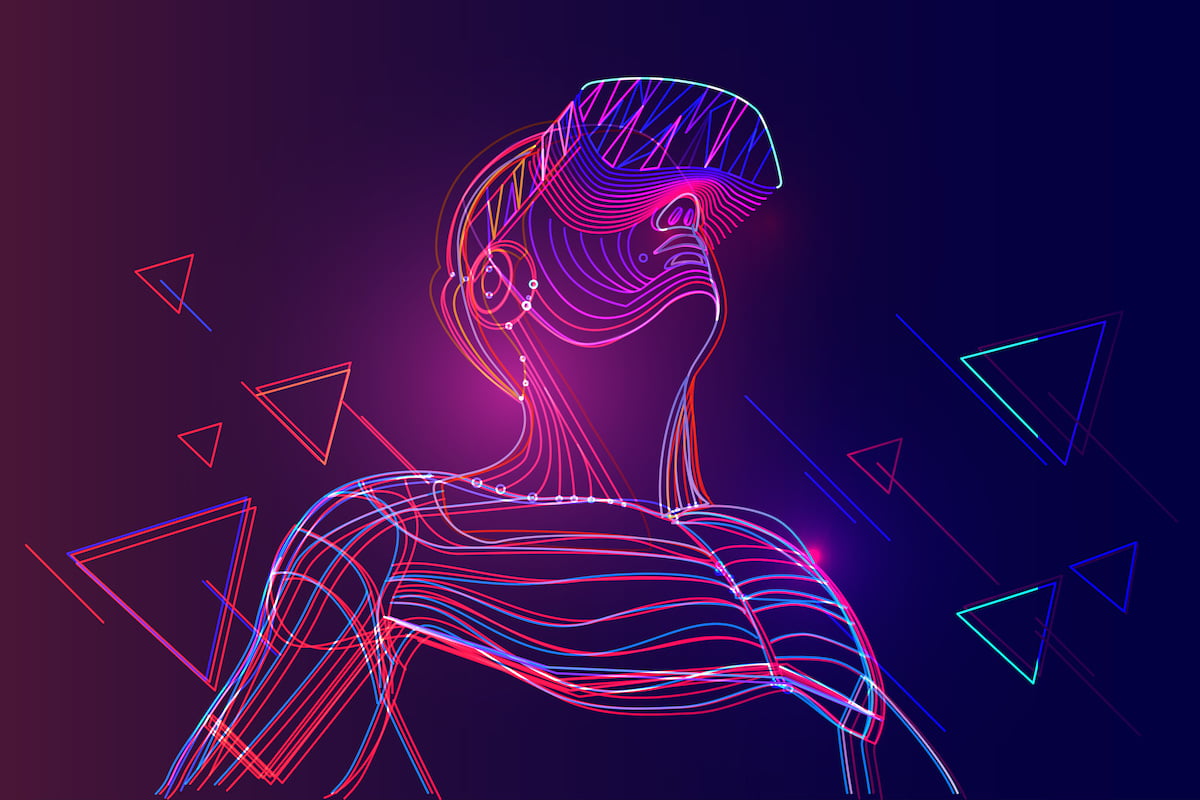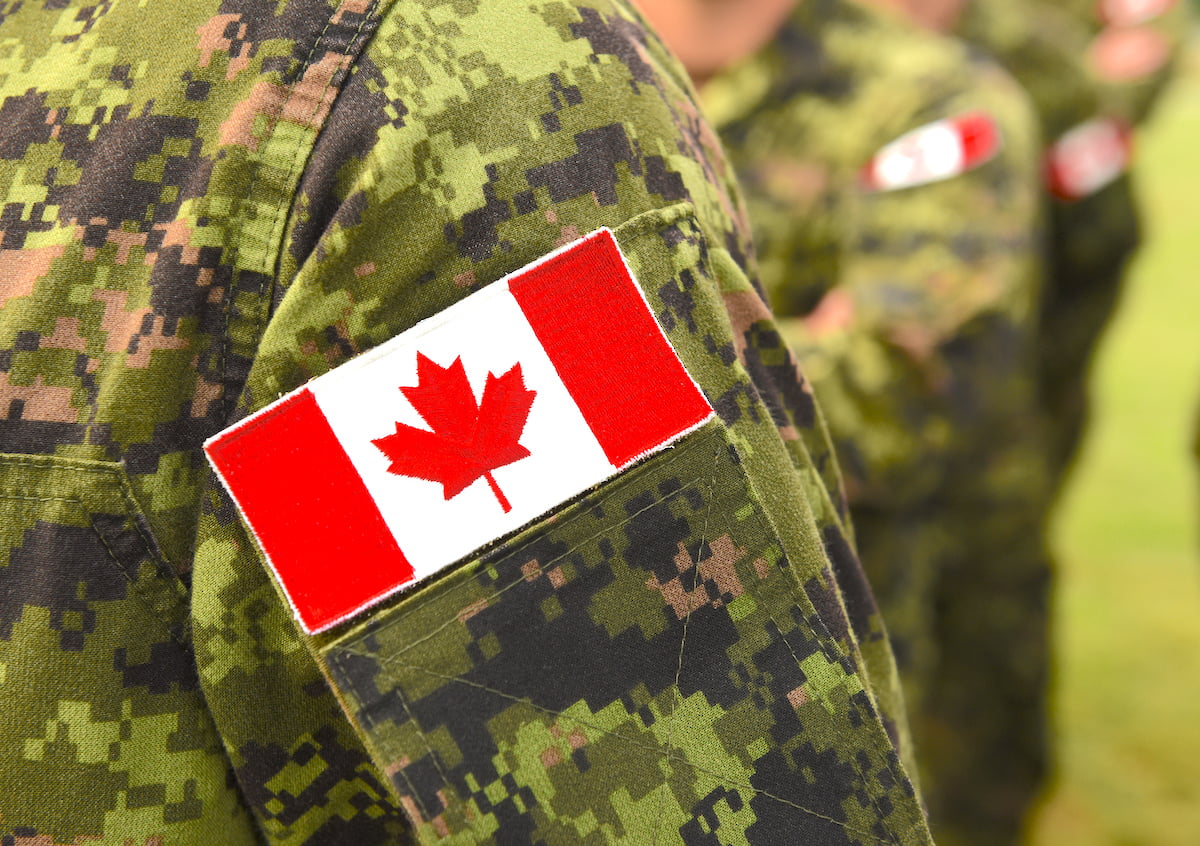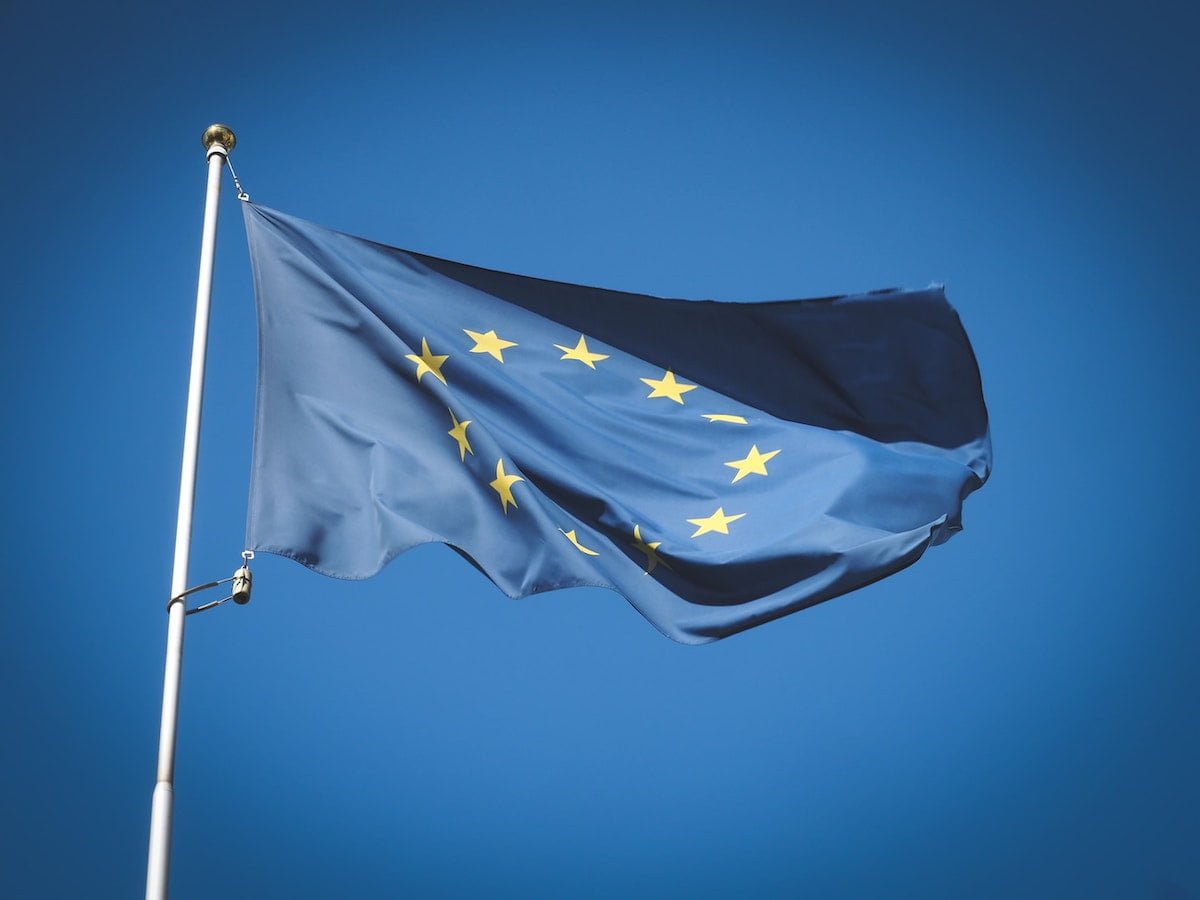Enosis Therapeutics, OVID Clinics and the MIND Foundation for Psychedelic Research have joined together to implement the world’s first in-clinic application of Virtual Reality (VR) combined with psychedelic-assisted psychotherapy.
Patients will now have the opportunity to receive psychedelic-assisted psychotherapy integrated with Enosis’ science-backed virtual technology protocols.
Enosis collaborated with the Swinburne University of Technology in Australia In June 2022, announcing positive results from the world’s first study on the synergistic application of VR in psychedelics.
The preliminary results showed that Enosis’ bespoke VR scenarios, combined with a guided psychedelic experience, generated high levels of acceptance and satisfaction. The positive results from this first study have led Enosis’ to begin offering VR scenarios with psychedelic-assisted therapy inside OVID Clinics.
Psychedelic Health spoke to Enosis, OVID and the Mind Foundation about the partnership to find out more.
Psychedelics and VR
With patient enrolment now in progress, Enosis and OVID say the new partnership shows further proof that VR is a powerful technology for enhancing mental health, highlighting that VR capabilities and protocols are gaining strong momentum in psychedelics research and clinical settings.
The teams told Psychedelic Health: “Ketamine-assisted psychotherapy follows the protocol developed in house by the medical staff at OVID Clinics and is provided by medical officers and psychotherapists at OVID.
“One arm of the ketamine psychotherapy program also uses Virtual Reality scenario, designed and licensed to OVID Clinics by Enosis Therapeutics. AnchoringVR™ is be used in both the dosing and the integration sessions, along with one VR introductory practice session during preparation phase, to familiarise the patient with use of VR technology.
“The treatment is offered to patients at the moment and is a part of official OVID programme, through commercial partnership with Enosis. Patients who express willingness to contribute to scientific research can also opt to participate in the research study through OVID-Enosis academic partnership.”
Beyond offering the in-clinic protocol in Berlin, Enosis and OVID will be gathering data for a research collaboration aiming to investigate the synergistic effects of psychedelic and digital interventions in hopes that the results demonstrate better therapeutic patient outcomes and enhance overall patient wellbeing.
“This research uses questionnaires to document clinical outcomes and psycho-emotional experiences of patients diagnosed with depression, following ketamine psychotherapy programme and VR-assisted ketamine psychotherapy programme,” they added.
The group says that the main objectives of this study, achieved through both quantitative and qualitative (interview) data, are to:
1) Examine the acceptability, feasibility and appropriateness of the combined use of VR and ketamine in psychotherapy treatment of depression (three outcome measures: acceptability, appropriateness and feasibility).
2) Document clinical outcomes and psycho-emotional experiences of patients undergoing VR-facilitated ketamine psychotherapy treatment for depression (Hamilton Depression Scale, Beck Depression Inventory, State-trat anxiety inventory).
3) Compare the effects of ketamine psychotherapy treatment and the VR-facilitated ketamine psychotherapy treatment (psychedelic integration scales, working alliance inventory, the empowerment scale, state mindfulness scale and affect checklist)
Results so far
The therapy uses bespoke VR scenarios – AnchoringVR™ – which the team highlights has been previously studied in combination with psilocybin at a psychedelic retreat in the Netherlands, in collaboration with Swinburne University and Psychedelic Society Belgium.
“Following the completion of the retreat, all four participants felt that the use of VR intervention was acceptable, appropriate and feasible during the psychedelic retreat,” they said.
“Three out of four participants gave a maximum total score for all three measures. Subjective accounts suggest that no negative impact or major discomfort has been experienced as a result of using VR within the retreat setting.
“Data on state mindfulness and on affect, along with interview answers point to the capacity of Anchoring VR to remind of the thoughts and insights that emerged during the psychedelic experience, to evoke strong emotions during the integration process that are similar to those experienced during the psychedelic session, and that Anchoring VR is perceived to be useful in the integration process.”
How VR is integrated into psychedelic therapy
The partnership says the VR treatment sees patients receive medical and psychiatric screening sessions, along with preparation sessions including one VR practice, ketamine sessions including AnchoringVR™ and integration sessions including AnchoringVR™, as well as follow-up sessions.
Enosis’ AnchoringVR™ contains partially scenic and partially abstract content, is static, fully interactive and with very low intensity stimuli such as low lights, no rapidly changing shapes or colours, say the team.
The VR headset and hand-held controllers are applied in a seated or semi-seated position and there is no music. The team highlight that specifications for the VR were determined by software providers, Enosis Therapeutics Pty Ltd, based on previous research and clinical applications of therapeutic VR scenarios as well as research on mystical-type experiences and psychedelic experiences.
“In dosing sessions: AnchoringVR™ is a multisensory self-expression scenario, which is used by the patients to create multisensory records of thoughts, feelings or insights that emerged during their ketamine session,” the team said.
“Patients use the VR to create audio recordings or visual expressions, building a memory library of their psychedelic experience. VR is applied immediately after the ASC experience with ketamine.
“In integration sessions: AnchoringVR™ preserves the therapeutic framework, psychotherapeutic approach and the exchange between the patient and the therapist; the main difference to standard talk therapy is that at a portion of that engagement is extended through multisensory expressions which represent what is being discussed, and audio recordings that are generated by the patient to aid patient notes.
“Patients can listen to those audio expressions and inspect those visual expressions that were created during experiential sessions and generate new ones during integration process. VR is applied throughout every integration session, either for a portion of it or through the entire session.”
Helping patients in Europe
Research into psychedelics is showing increasing promise for the treatment of mental health conditions, however the team highlights that innovation in psychedelics has been largely focussed on drug development.
They note that increased focus should be put on supporting patients before and after psychedelic experiences.
“While necessary to ensure that the industry is able to scale, this offers far less direct benefit to the patient. Patient outcomes rely not only on the induction of an altered state of consciousness, which, quite frankly, most of the currently available substance do well already,” they said.
“Most patients need support before and following the experience, through an adequately designed and implemented psychotherapy program. At this point, we can’t know what such ‘adequate’ program looks like. We have only relied on therapeutic methods which have been designed for cognitive-heavy approaches, not for an altered state of consciousness. Through inclusion of immersive therapy frameworks patients get the choice of continuing the emotional, explorative, experiential engagement also during the psychotherapy process.
“They also get to preserve their experience and their therapeutic engagement permanently, through the VR model and audio-visual recordings they generate, as these can be shared both as VR files but also as 360 exports and audio files, that can be accessed even from their phone. Introducing this model into therapeutic care also allows therapists to learn more experiential approaches in addition to talk therapy methods.
“Ovid Clinics, has from the beginning, been interested in supporting and introducing innovation that leads directly to improved patient outcomes. Their reputation in Europe puts them as an ideal candidate to demonstrate the standard for high-quality care and thus open the eyes of the European ecosystem to the possibilities that a judicious introduction of technology can do to optimise their practice.
“We trust that this will lead to patients in Europe being able to access a quality of care that leapfrogs traditional approaches and is more in line with a health care delivery model of the next decade than that of the past.”
Digital support tools for psychedelic therapy
Enosis told Psychedelic Health that it will now be further exploring partnerships with research institutions and clinics globally that may be interested in using this psychotherapy tool in combination with other psychedelic medicines.
Enosis said: “We want to ensure access to high quality care and give everyone an equal chance for it- hence our pricing model has a sliding scale to make it accessible for anyone, and fees can be waived if data collection is of interest.
“As for our local market in Australia, in line with the recent TGA rescheduling of psilocybin and MDMA, Enosis has committed to giving out access to its software for free to any Australian therapist looking to start working with psychedelics.
“Through it’s immersive, emotional, experience based mechanisms of action, AnchoringVR™ acts as a therapeutic framework in itself, and can be an effective, reliable, easily scalable bridge, that can help to guide therapists who are trying to acclimatise themselves to working with altered states of consciousness.
“Our focus is on the human elements of psychedelic therapy and how we can optimise these factors whilst allowing the psychedelic experience to proceed undisturbed.
“It is vital for us to distinguish that what we are building is a psychotherapy tool in VR which supports both the patient and the therapist in their journey. It is not a replica of a psychedelic experience nor simply a nice setting for the psychedelic journey; it is not meant to replace the drug nor is it meant to exist in silo as ‘meditation app’.
“In fact, it is a mental health tool that, whilst inspired by the novel way of processing and healing that psychedelics offer, it is not limited to use with psychedelics. It can be used in any mental health or well-being treatment that wants to expand its experiential components.
“Psychotherapy has been getting increasingly reductive and the move to zoom therapy and app-led prescribing is a further demonstration of this.
“Our goal is to return therapy to being involved, engaged and immersive, ensuring the therapeutic frame and presence is maximised so that the insights from psychedelic sessions are fed into the most optimal psychotherapeutic container in which to integrate them into psycho-behavioural outcomes.”


 Opinion2 years ago
Opinion2 years ago
 Insight3 years ago
Insight3 years ago
 Medicinal2 years ago
Medicinal2 years ago
 Research2 years ago
Research2 years ago
 Markets & Industry1 year ago
Markets & Industry1 year ago
 Medicinal2 years ago
Medicinal2 years ago
 News3 years ago
News3 years ago
 Research2 years ago
Research2 years ago

















